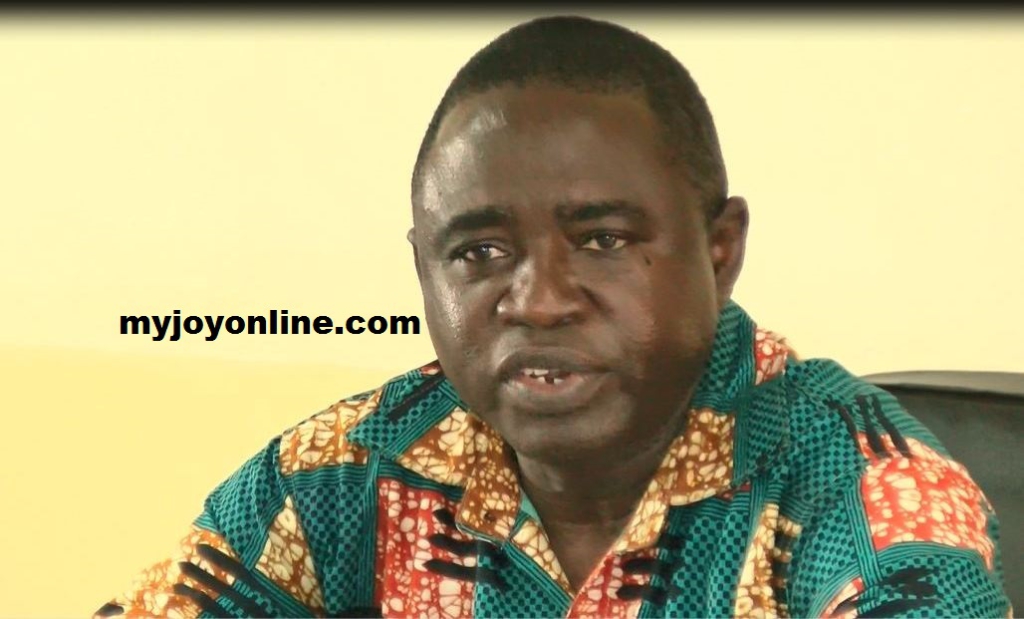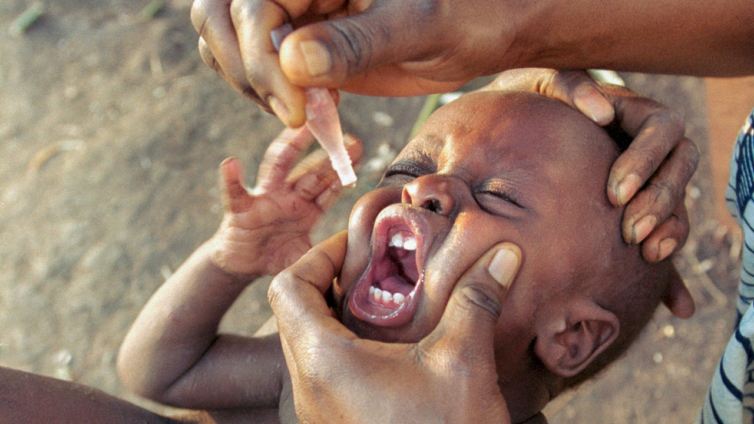The Ashanti Region has recorded eight polio cases in six districts, more than any region in the country since the beginning of this year.
The cases, all vaccine-derived polio virus Type Two represent more than 80 per cent of 12 cases recorded nationwide.
Though health authorities will not give details of affected districts, they say the situation calls for public support as it rolls out an ambiguous three-day immunisation programme targeting about 1.2 million children under five-years.
"The Ashanti Region recently recorded in six districts in what we call vaccine-derived poliovirus Type Two. And in accordance with established protocol, the region, together with other regions in the country would be embarking on massive polio immunization exercise," Deputy Regional Health Director in charge of Public Health, Dr Yaw Ofori Yeboah told the media in Kumasi.
The situation has prompted health authorities to roll out a three-day immunisation programme across the Region from September 10 to 13..

Deputy Regional Health Director in charge of Public Health, Dr. Yaw Ofori Yeboah asked parents to avail their children under 5-years for administration of safe vaccine in all 43-districts of the Ashanti region.
"The focus would be for children under the age of five-years. In Ashanti region, we would be targeting 1,184,860 children aged below five-years."
The affected districts are said to be areas noted for low immunization and insanitary conditions.
Dr. Ofori Yeboah admits the advent of Covid-19 which has affected routine health services in the region could be blamed for the situation.
He want all hands on deck to kick start the immunization exercise.
Meanwhile, the World Health Organisation says some polioviruses have been discovered in Greater Accra and Eastern region.
Immunization Officer, Fred Osei Sarpong revealed poliovirus were found in environmental sewage in those areas and speak of investigations into the virus.
"What we are also doing is aside from the fact that the virus can infect an individual and get that individual paralyzed; the virus is usually in the environment so, in order to satisfy ourselves that we don't have the virus with us, we do pick samples from environmental sewage, send to the lab and then we test."
Latest Stories
-
CAF WCL 2024: Ghana’s Thelma Baffour wins title with TP Mazembe
2 mins -
Benjamin Boakye slams politicisation of energy sector issues and ECG’s inefficiencies
7 mins -
Erastus Asare Donkor and Dr Neta Parsram win big at 10th Mining Industry Awards
23 mins -
Government is “suppressing information” about power sector challenges – IES Director
30 mins -
Majority of our debts caused by forex shortfall – ECG Boss
57 mins -
Pan-African Savings and Loans supports Ghana Blind Union with boreholes
1 hour -
Bole-Bamboi MP Yussif Sulemana donates to artisans and Bole SHS
2 hours -
Top up your credit to avoid potential disruption – ECG to Nuri meter customers
2 hours -
We’ll cut down imports and boost consumption of local rice and other products – Mahama
4 hours -
Prof Opoku-Agyemang donates to Tamale orphanage to mark her birthday
5 hours -
Don’t call re-painted old schools brand new infrastructure – Prof Opoku-Agyemang tells gov’t
6 hours -
Sunon Asogli plant will be back on stream in a few weeks – ECG
6 hours -
ECOWAS deploys observers for Dec. 7 election
6 hours -
73 officers commissioned into Ghana Armed Forces
6 hours -
Impending shutdown of three power plants won’t happen – ECG MD
6 hours

